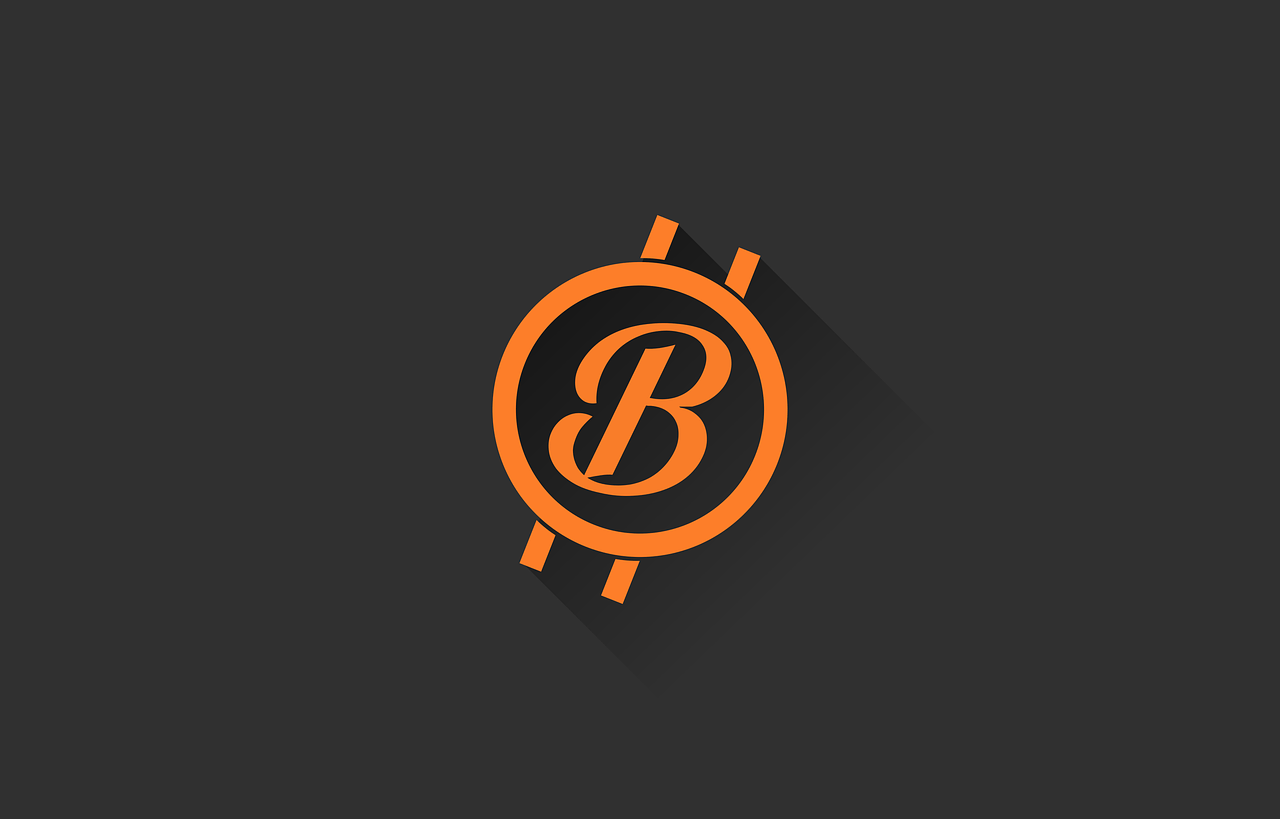Knowldegehut has created an Infographic which demonstrates the latest trends that are driving the IT industry as of 2017:
The Grass is Greener on the “Virtual” Side
It’s been projected by Statista that the number of VR (Virtual Reality) users will reach around 90 million this year. Not only will it involve gamers, there’ll also be a lot of educators, marketers, and innovators taking advantage of this groundbreaking platform.
Skills you need:
If you’re seeking greener pastures in the VR industry, then you’re in luck. The demand for VR and AR (Augmented Reality) jobs continues to climb, so you don’t have to worry about employment opportunities for now. What you need to focus on is to improve your skills in developing within a 3D environment. As an alternative to taking an online course, you can play with a free multi-platform engine like Unity. Skills in JavaScript and C# are essential if you want to be involved with the actual development. While mastering the physics of a virtual environment is important, it also helps to grasp concepts like photogrammetry and even psychology.
Big Bucks in Virtual Coins
Cryptocurrency is such a promising concept, but not just because it can generate money by solving math equations. Companies are particularly more interested in Bitcoin’s blockchain technology – a centralized, virtual ledger that records all Bitcoins transactions. Today, you can find hundreds of blockchain-related job listings on websites like Monster and Indeed.
Skills you need:
The skills needed in a blockchain engineer or developer varies, but you certainly need a deep understanding on how Bitcoin works. You can start with the resources on Bitcoin’s website to learn more. To be a strong option in the eyes of employers, you should also be exposed to other blockchain platforms like Ethereum, Stellar, and Hyperledger. You must also be familiar with algorithm design and data structures. For most projects, hands-on experience in Java, Python, C#, and C++ are almost always mandatory.
GPU to the CPU’s Rescue
Companies that require massive amounts of data leverage GPU clusters to improve application performance; and they’re a little shorthanded when it comes to IT professionals with GPU experience. On the flip side, having anything related to GPU computing in your resume will propel you to the top of an interested employer’s desk.
Skills you need:
First of all, you need to be familiar with an array of programming languages like Python, C++, Perl, and Java. You’ll also need experience working with parallel programming tools and large data storage centers. Furthermore, you need reliable knowledge in graphics programming languages such as OpenGL, DirectX, or CUDA. If you don’t know where to start, here’s a long list of learning resources from NVIDIA.
Defenders of Data
Security is an evergreen commodity, especially in the digital world. Even today, cyber-attacks are a real threat to businesses and individual users. Symantec shows that nearly 75% of all websites on the surface web have unpatched security vulnerabilities. But that doesn’t mean enterprises aren’t doing anything to combat online security threats. According to the Bureau of Labor Statistics, the growth rate of cybersecurity jobs for 2014-2024 is projected at 18% – much faster than the average profession in the US. That said, there’s always a need for more IT security specialists.
Skills you need:
A security specialist is an umbrella term for a number of different career paths. Entry-level positions include a security administrator, network administrator, and system administrator. These require demonstrated skills in networking fundamentals, firewalls, antivirus software, and SQL. You must also be reliable and quick to respond to security incidents. With the sustainability and future of an entire company in your hands, a security specialist position may also require a number of certifications. Here is a list of online platforms where you can get certified.
What Else can I Improve?
The skills mentioned above take time to acquire and master. But in addition to those technical skills, there’s also a list of soft skills that can boost the employability of your resume. A few examples include time management, problem solving, presentation, and project management. But most importantly, you need to have the never-ending desire to learn. Fortunately, the internet can provide you with all the resources you need to grow. Here’s a post you might like on the highly-desired skills you can acquire yourself.
Image Credits: Infographic courtesy of KnowledgeHut, Augmented reality bicycle bike, Bitcoin btc cryptocurrency, Nvidia gpu electronics pcb board, Computer security padlock hacker Via Pixabay Featured photo credit: freepik.com via freepik.com




